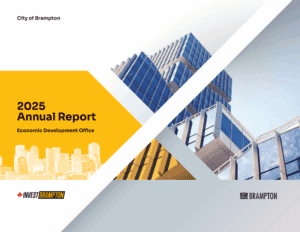The resolution by the Federation of Canadian Municipalities (FCM) calling on the federal government to address food insecurity in Canada.
- Food insecurity is a growing problem in Canada, with a significant increase in food bank usage between 2019 and 2023 (78.5%).
- This increase is driven by factors like inflation, high housing costs, and stagnant wages.
- Food banks, which were originally intended as a temporary solution, are now heavily relied upon by Canadians struggling with food insecurity.
- Food banks primarily rely on donations from individuals and corporations.
- Provincial governments offer some support, but it’s not consistent.
- The federal government provided emergency funding during the pandemic (Emergency Food Security Fund) but this program has ended.
- The FCM is calling on the federal government to provide short-term, emergency funding to food banks and food rescue agencies.
- They also acknowledge the need to address the systemic issues causing food insecurity, such as affordability and social support.
- This funding would help food banks meet the growing demand for their services.
- It would be similar to the Emergency Food Security Fund, which saw a decrease in food insecurity while it was active.
Why This Matters to Municipalities:
- Food insecurity is a local issue that affects municipal services, such as homeless shelters.
- Municipalities have a vested interest in ensuring food security in their communities.
- This resolution aligns with several FCM focus areas, including Inclusive Communities.
Food insecurity is a serious issue in Canada, and the FCM is urging the federal government to take action by providing emergency funding and addressing the root causes.
Related Links
Ref: 0








